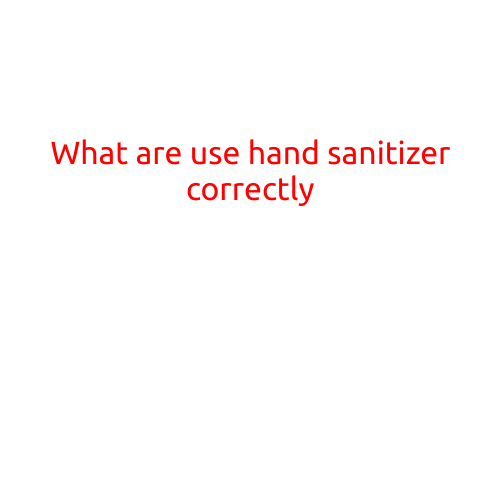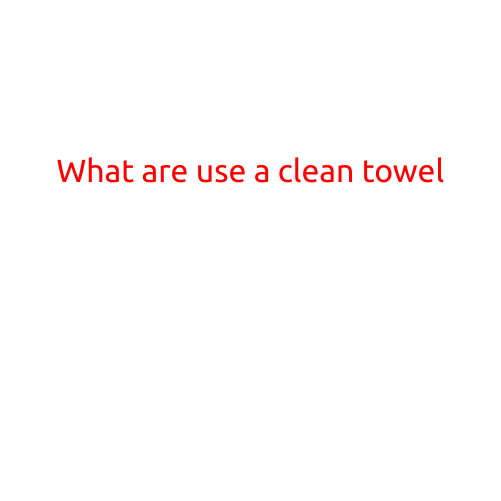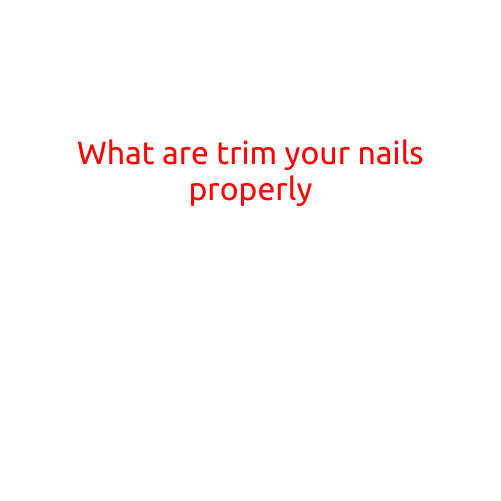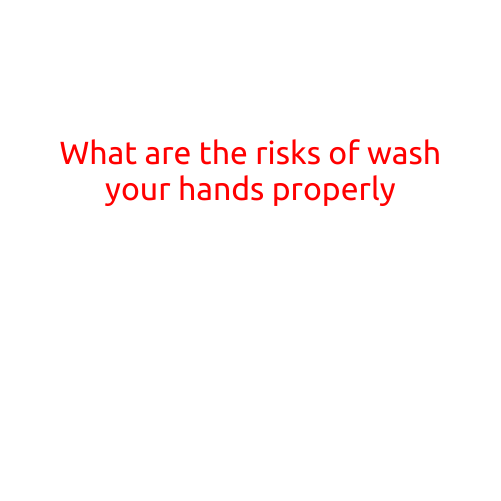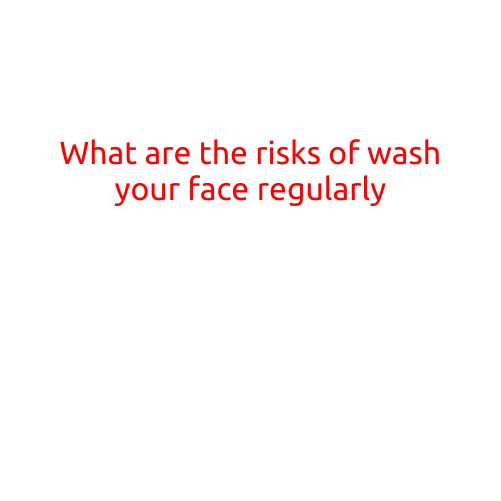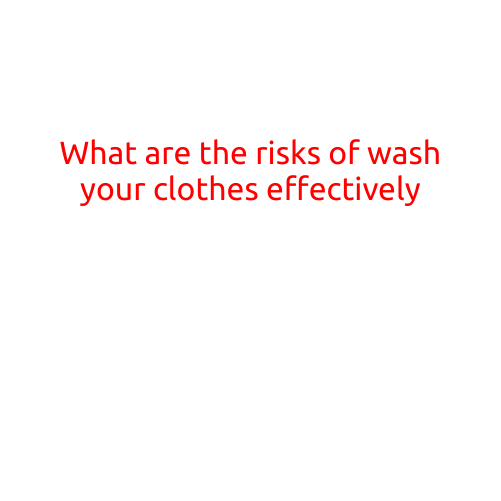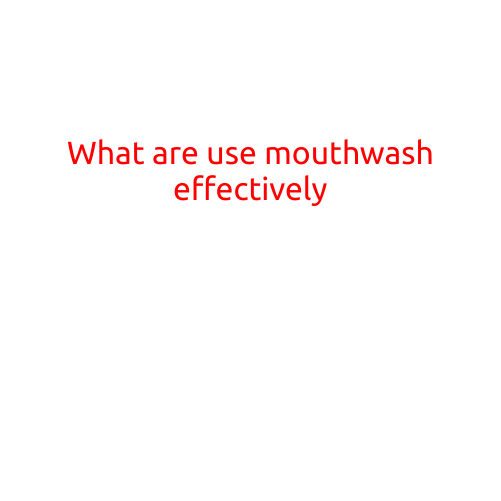
What Are the Proper Ways to Use Mouthwash Effectively?
Mouthwash is a popular oral hygiene product that can help eliminate bacteria and freshen your breath. However, using it incorrectly can lead to tooth sensitivity, burns, and even damage to the tissues in your mouth. In this article, we’ll explore the proper ways to use mouthwash effectively to maintain good oral health and achieve a healthy, clean mouth.
Why Use Mouthwash?
Before we dive into the proper use of mouthwash, let’s talk about why it’s so important. Mouthwash can be an effective addition to your daily oral hygiene routine for several reasons:
- Kills bacteria: Mouthwash contains antimicrobial ingredients that can help kill bacteria and other microorganisms that can cause bad breath, gum disease, and tooth decay.
- Freshens breath: Mouthwash can leave your mouth feeling clean and fresh, eliminating bad breath and eliminating odors.
- Prevents tartar buildup: Some mouthwashes contain ingredients that can help prevent tartar buildup on your teeth, which can lead to gingivitis and other oral health issues.
Proper Ways to Use Mouthwash
Now that we’ve covered why mouthwash is important, let’s talk about how to use it effectively. Here are some tips to keep in mind:
- Use the right amount: Always follow the instructions on the label and use the recommended amount of mouthwash. Using too much mouthwash can cause excessive foaming and burning, while using too little may not be effective.
- Use it as directed: Mouthwash should be used after brushing and flossing your teeth, not before or in place of brushing. Swish the mouthwash around in your mouth for the recommended amount of time before spitting it out.
- Swish, don’t gargle: Instead of gargling with mouthwash, swish it around in your mouth to help the antimicrobial ingredients reach all areas of your mouth.
- Avoid swallowing: While mouthwash is generally safe to swallow, it’s best to avoid swallowing it to ensure that the ingredients are effective and don’t cause digestive issues.
- Use it regularly: Mouthwash is most effective when used regularly, ideally once a day. Using it at night before bed can help combat morning breath and leave your mouth feeling fresh all day long.
- Choose the right type: There are different types of mouthwash available, including those that contain fluoride, chlorhexidine, and essential oils. Choose a mouthwash that meets your oral health needs and preferences.
- Don’t use mouthwash as a substitute for brushing: While mouthwash can be an effective addition to your oral hygiene routine, it shouldn’t be used as a substitute for brushing and flossing. Regular brushing and flossing are still essential for maintaining good oral health.
Common Mistakes to Avoid
While using mouthwash can be an effective way to maintain good oral health, there are some common mistakes to avoid:
- Using too much mouthwash: Using too much mouthwash can cause excessive foaming and burning, which can be uncomfortable and even damage the tissues in your mouth.
- Using mouthwash too frequently: Using mouthwash too frequently can lead to tooth enamel erosion and damage to the gums.
- Swallowing mouthwash: Swallowing mouthwash can cause digestive issues and may not be effective for maintaining good oral health.
- Not spitting out mouthwash properly: Failing to spit out mouthwash properly can cause it to accumulate in your mouth and mouthwash can cause further oral health issues.
Conclusion
Using mouthwash effectively is an important part of maintaining good oral health. By following the tips outlined above and avoiding common mistakes, you can ensure that you’re using mouthwash to its fullest potential. Remember to always use the right amount of mouthwash, use it as directed, and avoid swallowing it. With regular use and proper technique, you can achieve a healthy, clean mouth and a fresh, clean breath.
